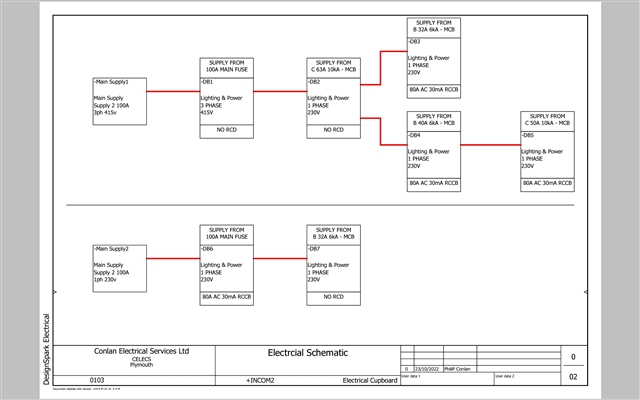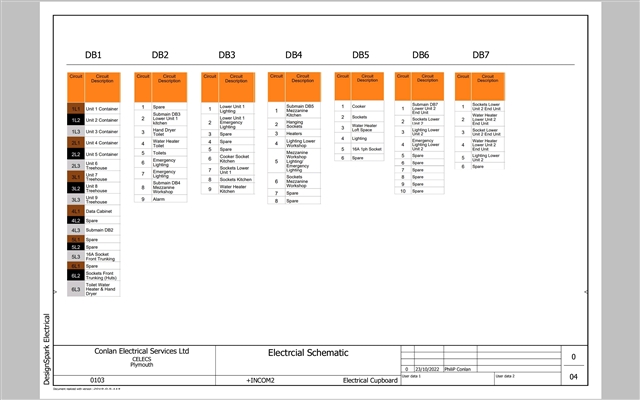I'm wondering if could get a clear explanation or guidance on selectivity on an commercial/ industrial installation.
For example I have drawn out part of an installation below to help illustrate.


Is there a set process for determining if all MCB / RCD protection is adequate when moving from submain to submain?
